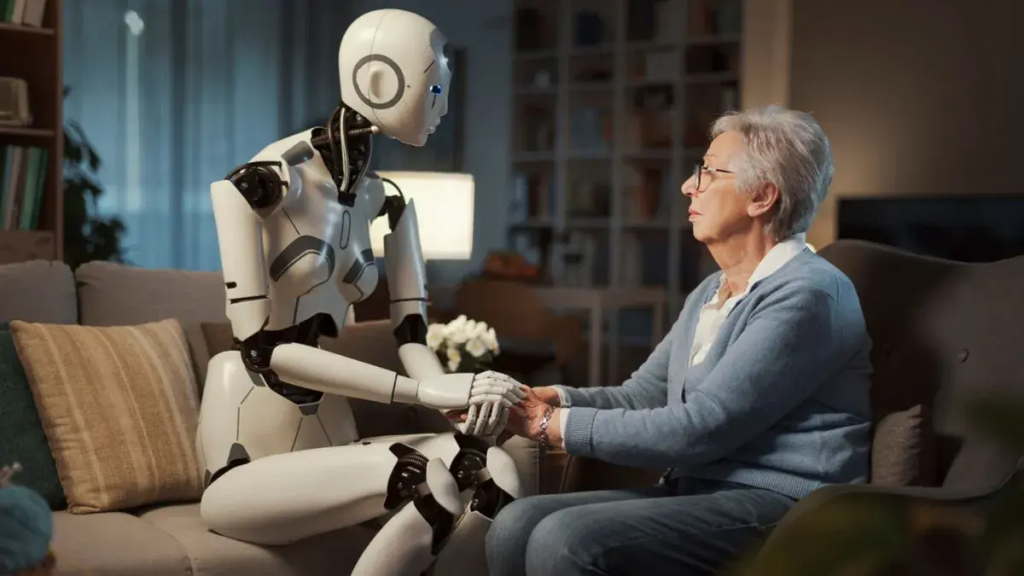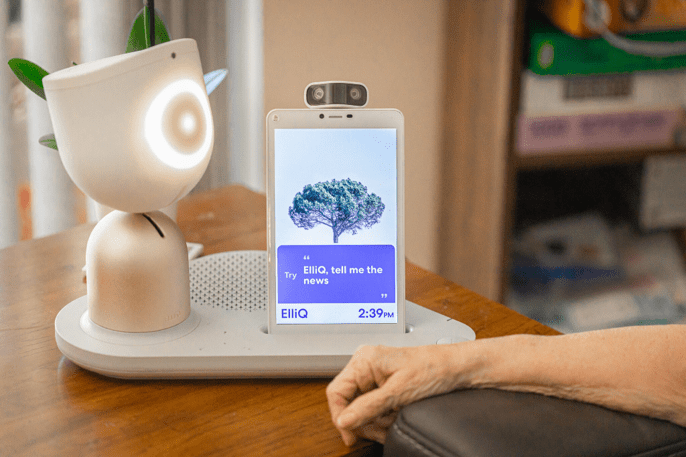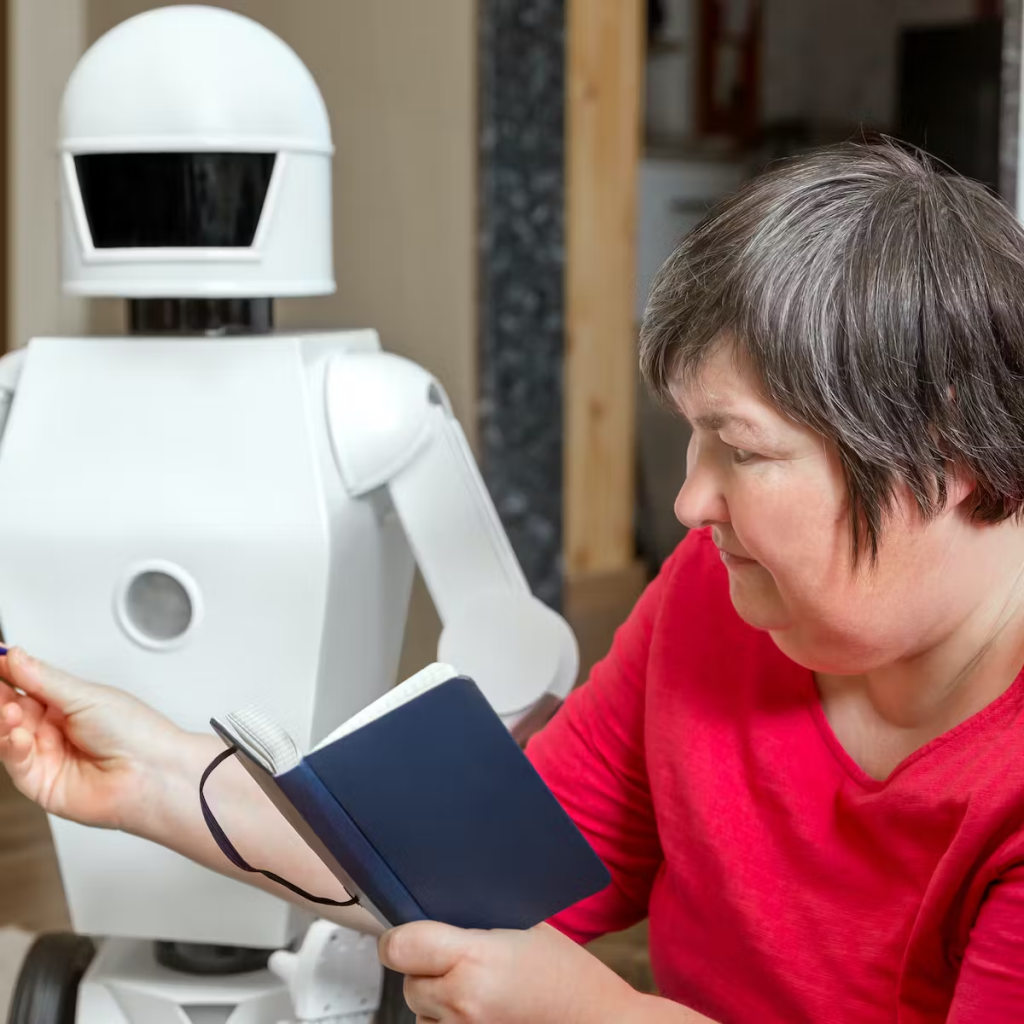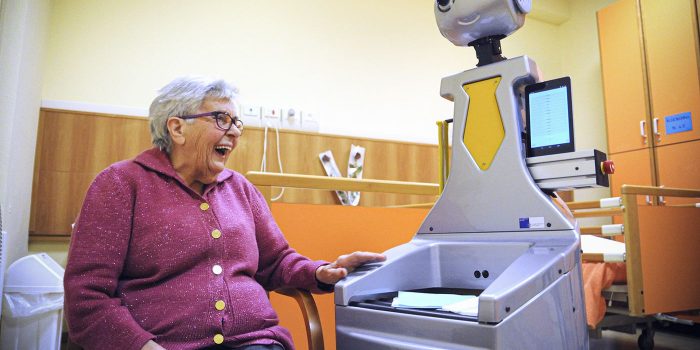Loneliness has reached alarming levels, but a groundbreaking report published in Science Robotics by researchers from Auckland, Duke, and Cornell Universities suggests that companion robots equipped with artificial intelligence (AI) could provide a promising solution.
Recognizing the value of genuine human friendships, Murali Doraiswamy, a professor of Psychiatry and Geriatrics at Duke University, acknowledges that society must prioritize social connectedness and eldercare. However, until that shift occurs, companion robots offer a viable alternative for the millions of isolated individuals lacking other sources of support.
Loneliness and social isolation have become pervasive, with the Survey Center on American Life reporting a fourfold increase in Americans lacking close friends since 1990. These conditions have severe health implications, including heightened risks of mental illness, obesity, dementia, and premature death. U.S. Surgeon General Vivek H. Murthy, M.D., even suggests that loneliness may be as detrimental to health as smoking cigarettes.

In light of the challenges adults face in establishing new friendships later in life, companion robots hold particular appeal for socially isolated older adults. Elizabeth Broadbent, a professor of Psychological Medicine at the University of Auckland, highlights the exciting potential of AI in equipping companion robots with enhanced social interaction skills while emphasizing the critical need for ethical guidelines to ensure their morality and trustworthiness.
Social robots like ElliQ have already engaged in thousands of interactions with humans, with nearly half of those interactions focused on providing companionship, such as enjoying a cup of tea or coffee together. Growing research suggests that companion robots can alleviate stress, reduce loneliness, and help older individuals maintain active and healthy lifestyles within their homes.

The latest generation of robots, equipped with advanced AI programs, promises to forge stronger social connections with humans. Generative AI models like ChatGPT empower robots to engage in spontaneous conversations and even replicate the voices of departed loved ones, fostering a sense of familiarity and comfort.
Doctors also express favorable attitudes toward companion robots. A survey conducted by Sermo among 307 care providers in Europe and the United States revealed that 69% of physicians believed social robots could provide companionship, alleviate isolation, and potentially improve patients’ mental health.
Additionally, 70% of doctors felt that insurance companies should cover the cost of companion robots if they prove to be effective supplements for friendship. Nevertheless, measuring the impact of companion robots poses a challenge.

To address this, the authors stress the necessity of developing patient-rated outcome measures, including their own creation, the “Companion Robot Impact Scale” (Co-Bot-I-7). This scale aims to evaluate companion robots’ physical health and loneliness impact and has already demonstrated promising results. For instance, early findings from Broadbent’s laboratory indicate that friendly androids can reduce stress and promote skin healing after minor injuries.
Overall, with the implementation of appropriate ethical guidelines, the current advancements in companion robots can be harnessed to create a healthier society. These AI-powered companions hold the potential to combat loneliness and enhance well-being, offering a lifeline to individuals in need of social connection and support.


